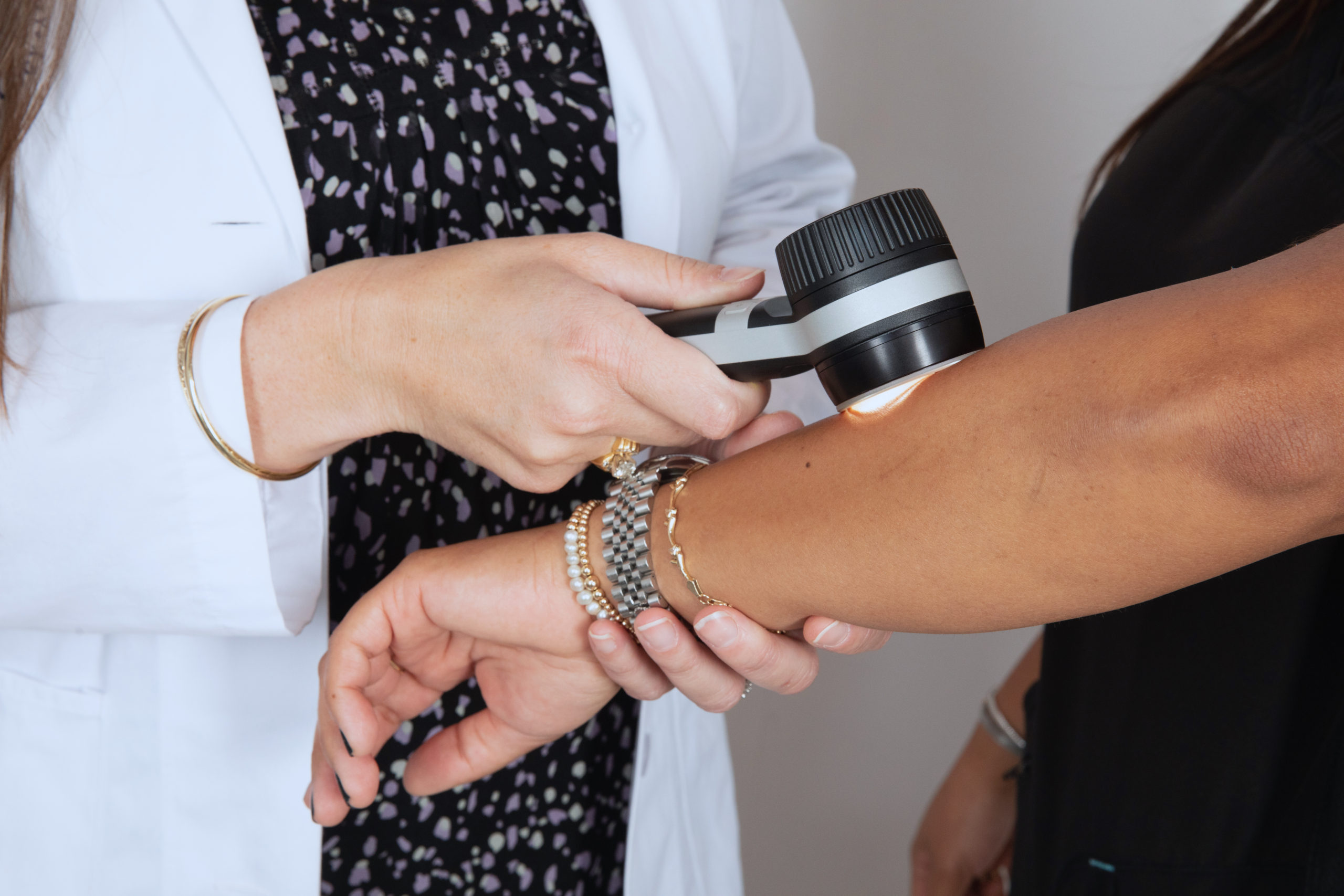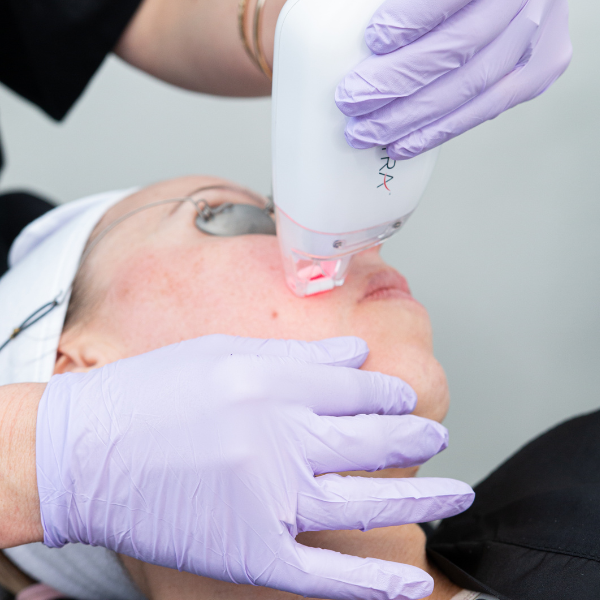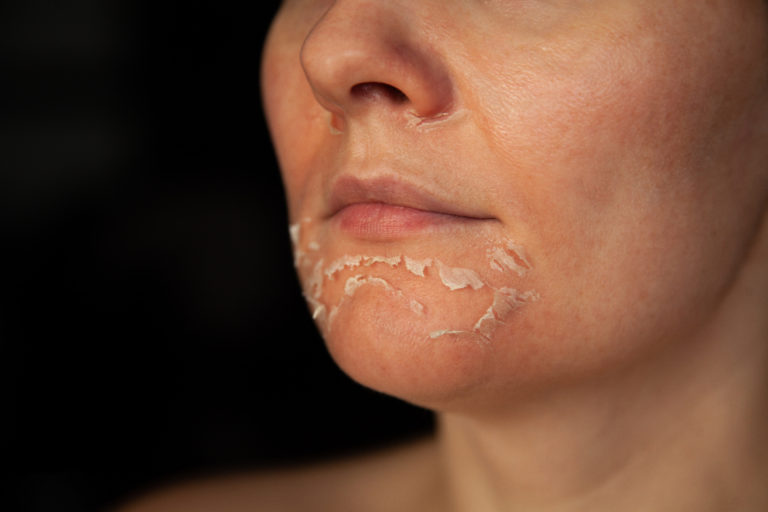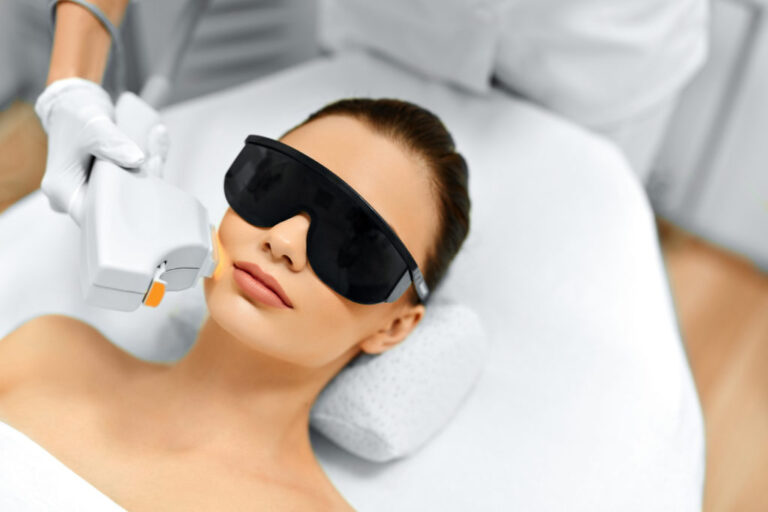For many, the term “skin doctor” might sound vague or conjure up outdated images. But in today’s world of advanced technology and personalized care, these specialists play a crucial role in achieving and maintaining healthy, youthful-looking skin.
Unmasking the Mystery: What is a Skin Doctor?
A skin doctor, also known as a dermatologist, is a medical doctor specializing in the diagnosis and treatment of skin conditions, diseases, and cosmetic concerns. They undergo rigorous medical training and possess extensive knowledge of the skin’s anatomy, physiology, and pathology.
Here’s what sets them apart:
- Expertise: They are trained in recognizing and treating a wide range of skin issues, from acne and eczema to psoriasis and skin cancer.
- Advanced Techniques: They are equipped with the latest technology and therapeutic modalities, offering cutting-edge treatments for optimal results.
- Holistic Approach: They understand the interconnectedness of skin health with overall well-being and consider lifestyle factors in their treatment plans.
Understanding the Benefits: How Skin Doctors Can Tackle Your Specific Concerns
Whether you’re looking to address a specific skin concern, prevent signs of aging, or simply achieve a healthy, radiant complexion, a skin doctor can offer a tailored approach to your needs.
Here are some of the benefits you can expect:
- Targeted Treatment: They will diagnose your unique skin condition and recommend the most effective treatment plan, ensuring you receive the care you need.
- Improved Skin Health: From managing chronic conditions to minimizing the appearance of wrinkles and sun damage, they can help achieve your desired skin goals.
- Enhanced Confidence: Clear, healthy skin can boost your self-esteem and confidence, leaving you feeling radiant and empowered.
Popular Treatments for Younger-Looking Skin
The landscape of dermatology is constantly evolving, offering a wide range of treatments for achieving younger-looking skin. Here are some popular options:
Botox and Dermal Fillers
In the realm of aesthetic dermatology, botox, and dermal fillers emerge as transformative allies against the visible signs of aging. Botox, a neurotoxin, strategically targets dynamic wrinkles and fine lines by temporarily relaxing the underlying muscles.
On the other hand, derma fillers, typically composed of hyaluronic acid, collagen, or other substances, work to restore lost volume and sculpt contours, yielding immediate and enduring results. These injectables, administered with precision, seamlessly harmonize facial features and restore a youthful, rejuvenated appearance.
Lasers and Light Therapy
Embracing the power of advanced technology, lasers, and light therapy take center stage in rejuvenating and revitalizing the skin. These non-invasive treatments harness the energy of targeted light to stimulate collagen production, a key protein responsible for skin elasticity.
By doing so, they effectively improve skin tone, texture, and resilience. Beyond that, lasers and light therapy play a pivotal role in addressing specific concerns such as sun damage, hyperpigmentation, and uneven skin tone. The result is a radiant, more youthful complexion that stands as a testament to the remarkable synergy between science and beauty.
Chemical Peels
For those seeking a deeper level of skin renewal, chemical peels emerge as a time-tested and effective solution. These treatments involve the application of a chemical solution to the skin, prompting the controlled exfoliation of the outer layer. As the old skin peels away, a fresher, smoother layer is revealed beneath.
This process not only diminishes the appearance of wrinkles and fine lines but also targets issues like uneven pigmentation and acne scars. The outcome is a visibly rejuvenated complexion, characterized by a renewed vibrancy and diminished signs of skin imperfections.
Microneedling
Microneedling, a minimally invasive marvel, works by creating tiny skin punctures. This process jumpstarts collagen production, a key player in skin health. The result? Improved texture, tone, and overall skin vitality. From fine lines to scars, microneedling addresses diverse concerns, leaving you with firmer, more radiant skin – a testament to the synergy of science and beauty.
The Importance of a Holistic Approach to Skin Health
While treatments can play a significant role, a holistic approach is essential for long-term skin health. Your skin doctor will work with you to develop a comprehensive plan encompassing:
Lifestyle Modifications
Diet, exercise, and stress management can significantly impact your skin’s health and appearance.
Home Care Routine
Using the right skincare products for your skin type and concerns is vital for maintaining healthy skin.
Sun Protection
Regular use of sunscreen with SPF 30 or higher is essential to prevent sun damage, the leading cause of premature aging.
Understanding the Cost of Beautiful Skin
The cost of dermatology treatments varies depending on the specific procedure, the provider’s expertise, and your location. However, investing in your skin’s health is an investment in your well-being and confidence. Many practices offer financing options and strive to make treatment costs transparent and accessible.
Conclusion: Embracing Your Inner Glow with the Help of a Skin Doctor
A skin doctor is more than just a doctor; they are your partner in achieving and maintaining healthy, radiant skin. With their expertise, advanced technology, and personalized approach, they can help you uncover your inner glow and feel confident in your skin. Don’t hesitate to schedule a consultation with a board-certified dermatologist to discuss your individual needs and explore the possibilities that await you.
Curious Minds Want to Know: Your Ultimate Skin Doctor FAQs
Are all dermatologists considered Skin Doctors?
Yes, all dermatologists are Skin Doctors, specializing in the diagnosis and treatment of various skin conditions.
Do I need a referral to see a skin doctor?
No, you don’t need a referral to see a dermatologist. However, some insurance plans may require one.
What conditions can a skin doctor treat?
Skin doctors treat a wide range of conditions, including acne, eczema, psoriasis, rosacea, skin cancer, and many more.
What should I expect during my first appointment with a skin doctor?
Your first appointment will involve a consultation where the doctor will discuss your medical history, concerns, and desired outcomes. They will examine your skin and may recommend further tests or treatment options.
How long before I see results from my skin treatment?
The length of time it takes to see results from your skin treatment depends on several factors, including the type of treatment, your skin health, and your adherence to your post-treatment care instructions.
Education:
• Summa cum laude graduate from the University of Florida with dual degrees in chemistry and nutritional science
• Top of the class at Nova Southeastern University's medical school
Dermatology Residency:
• Chief Resident in the dermatology residency program at St. Barnabas Hospital, Bronx, New York
Academic Positions:
• Faculty attending physician at Columbia University, New York Presbyterian Hospital
Certifications:
• Fellow of the American Academy of Dermatology
• Fellow of the American Osteopathic College of Dermatology






